

The European Commission has launched a formal antitrust investigation into Red Bull over suspicions that the company abused its dominant position on the EU energy drink market. The Austrian company is being investigated for incentives given to its off-trade customers and misuse of a supplier’s “category management” role. “We want to see if these practices may be keeping prices high and limiting choice of energy drinks for consumers,” said competition chief Teresa Ribera. This investigation is significant, as it is the first comprehensive EU probe specifically addressing the alleged misuse of a category management position by a supplier to limit […]
Details
On October 20, 2025, the Regulation (EU) 2025/2083 — the first significant amendment to the regulation establishing the Carbon Border Adjustment Mechanism (CBAM) – entered into force. This “CBAM Simplification Regulation”, part of the Omnibus I package, reflects the European Commission’s commitment to reducing administrative burdens while preserving CBAM’s enforcement strength. The arrival of the full CBAM regime in January 2026 marks a key milestone. What Changed The Simplification Regulation introduces targeted but meaningful adjustments designed to improve predictability for importers while safeguarding CBAM’s environmental purpose. Single mass-based threshold: The former negligible-value exemption (EUR 150 per consignment) is replaced by […]
Details
The European automotive industry, a cornerstone of the continent’s economy, is currently navigating a transformative period. This era is marked by technological advancements, environmental imperatives, and intensifying global competition. To address these challenges and ensure the sector’s continued vitality, the European Commission has recently introduced a comprehensive Automotive Industrial Action Plan, focusing on innovation, clean mobility, supply chain resilience, and workforce development. Innovation and Technological Advancement Central to the action plan is the establishment of the European Connected and Autonomous Vehicle Alliance. This initiative aims to foster collaboration among industry stakeholders to develop shared software and semiconductor technologies. It also […]
Details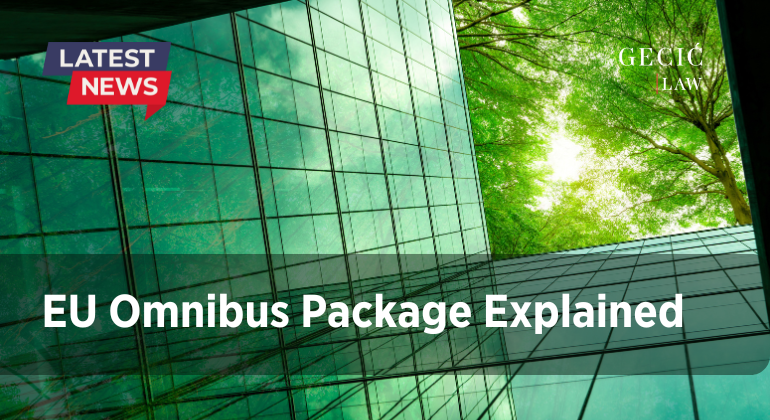
The European Commission has introduced a new legislative package aimed at simplifying sustainability and investment regulations. In the latest Competitiveness Compass we recently covered, the Commission outlined its strategy to enhance the EU’s economic prosperity and competitiveness. Known as Omnibus I and Omnibus II, these reforms are designed to cut administrative burdens, enhance business competitiveness, and maintain the EU’s commitment to sustainability goals. The key areas affected include the Corporate Sustainability Reporting Directive (CSRD), the Corporate Sustainability Due Diligence Directive (CSDDD), the Carbon Border Adjustment Mechanism (CBAM), and the InvestEU Regulation. By streamlining compliance, the EU hopes to make regulatory […]
Details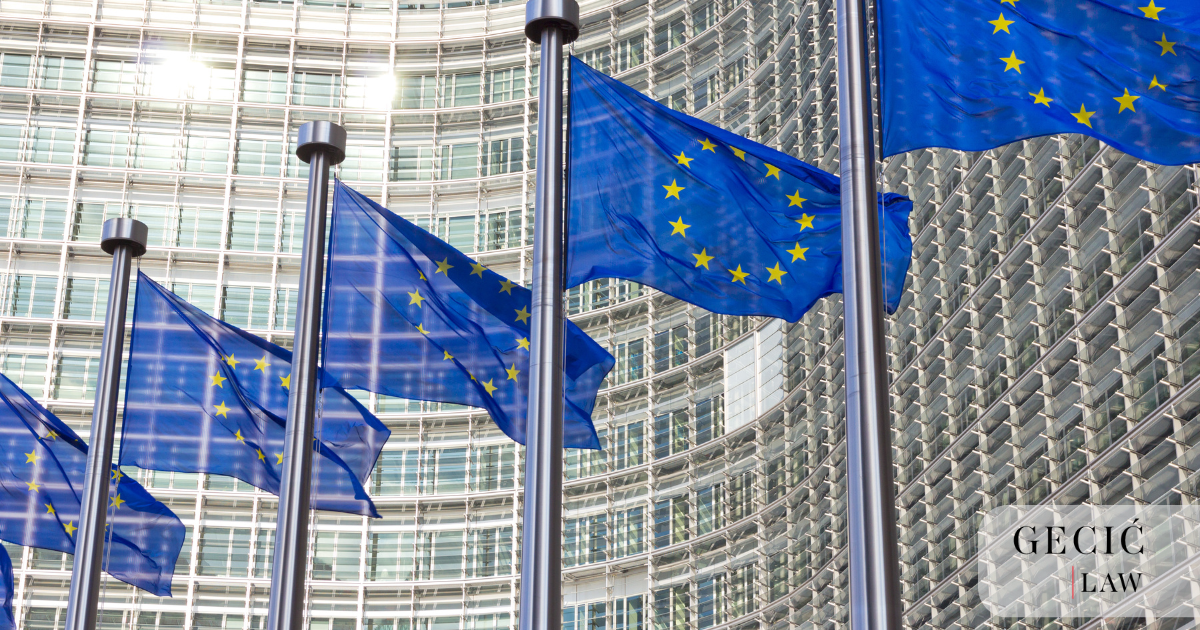
In an era of rapid technological advancements, geopolitical uncertainties, and climate imperatives, the European Union has recently introduced the Competitiveness Compass. This is a strategic framework to enhance its economic resilience and global standing. European Commission President Ursula von der Leyen announced the initiative at the World Economic Forum in Davos. It aims to address inefficiencies, boost innovation, and drive sustainable growth while ensuring the EU remains attractive for business and investment. A Holistic Approach to Competitiveness The Competitiveness Compass focuses on four core pillars: innovation, decarbonization, security, and reducing bureaucratic hurdles. These elements reflect the EU’s belief that prosperity […]
Details
To bolster Europe’s clean energy transition, the European Commission has recently announced a EUR 4.6 billion investment. This funding aims to advance net-zero technologies, electric vehicle (EV) battery cell manufacturing, and renewable hydrogen production. Thie initiative marks a pivotal step in the EU’s commitment to achieving climate neutrality by 2050. Investment Breakdown Net-Zero Technologies: A EUR 2.4 billion call for proposals targets projects that focus on decarbonization, including the manufacturing of components for renewable energy, energy storage, heat pumps, and hydrogen production. This effort aims to enhance Europe’s leadership in innovative, clean energy technologies. Electric Vehicle Battery Manufacturing: For the […]
Details
In a landmark EU’s General Court’s ruling, Google successfully overturned a 1.5 billion euros fine imposed by the European Commission (EC) in 2019. The fine was tied to allegations that Google abused its dominant position in online advertising through its AdSense platform. The EC claimed that Google restricted third-party websites from displaying ads from competitors, a practice that allegedly stifled competition. The Case The case revolved around Google’s AdSense for Search, where the company had exclusive agreements with websites, preventing them from using rival ads. The EC argued this restricted competition in the online search advertising market. Google, however, maintained […]
Details
The Council of Europe has adopted the world’s first international convention on artificial intelligence (“AI”) titled “Council of Europe Framework Convention on Artificial Intelligence and Human Rights, Democracy and the Rule of Law” (“Convention”), marking a significant step towards regulating AI technologies. The Convention is legally binding. Consequently, it ensures AI systems respect human rights, democracy, and the rule of law throughout their lifecycle. It includes provisions for transparency, accountability, and independent oversight, addressing potential risks and promoting responsible AI innovation. The Convention aims to create a balanced framework that encourages technological advancement while safeguarding fundamental freedoms and democratic values. […]
Details
The European Critical Raw Materials Act (CRMA) was formally signed by the co-legislators, the European Council, and the European Parliament today. The Act will enter into force 20 days after publication in the EU Official Journal. Introduction to the European Critical Raw Materials Act (CRMA) In an era marked by rapid technological advancement and escalating geopolitical tensions, securing access to essential resources has become a priority for nations worldwide. The European Union, recognizing the strategic necessity of ensuring a sustainable and secure supply of critical raw materials (CRMs), has adopted the European Critical Raw Materials Act. This legislative framework is […]
Details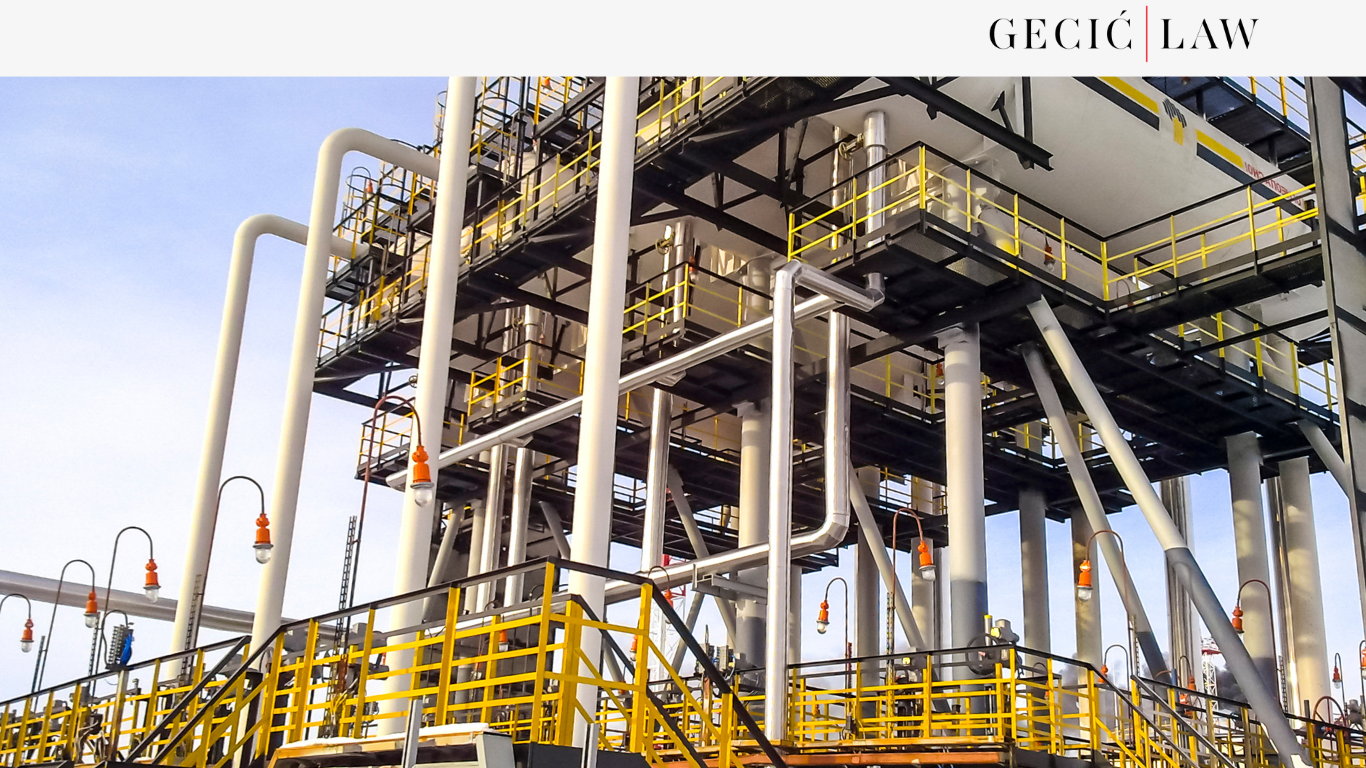
Intro In a historic ruling, the General Court (GC) has upended a significant European Commission (Commission) Decision, accusing the BEH Group of leveraging its dominant position in Bulgaria’s gas supply market. This landmark gas market case is unprecedented as it represents a full annulment of Article 102 TFEU decision, underscoring the meticulous scrutiny applied by the GC in its assessment of competition law matters. At the heart of this legal saga is the Bulgarian Energy Holding (BEH), a state-owned entity boasting key subsidiaries like Bulgargaz and Bulgartransgaz, which play pivotal roles in Bulgaria’s energy sector. These two entities were the […]
Details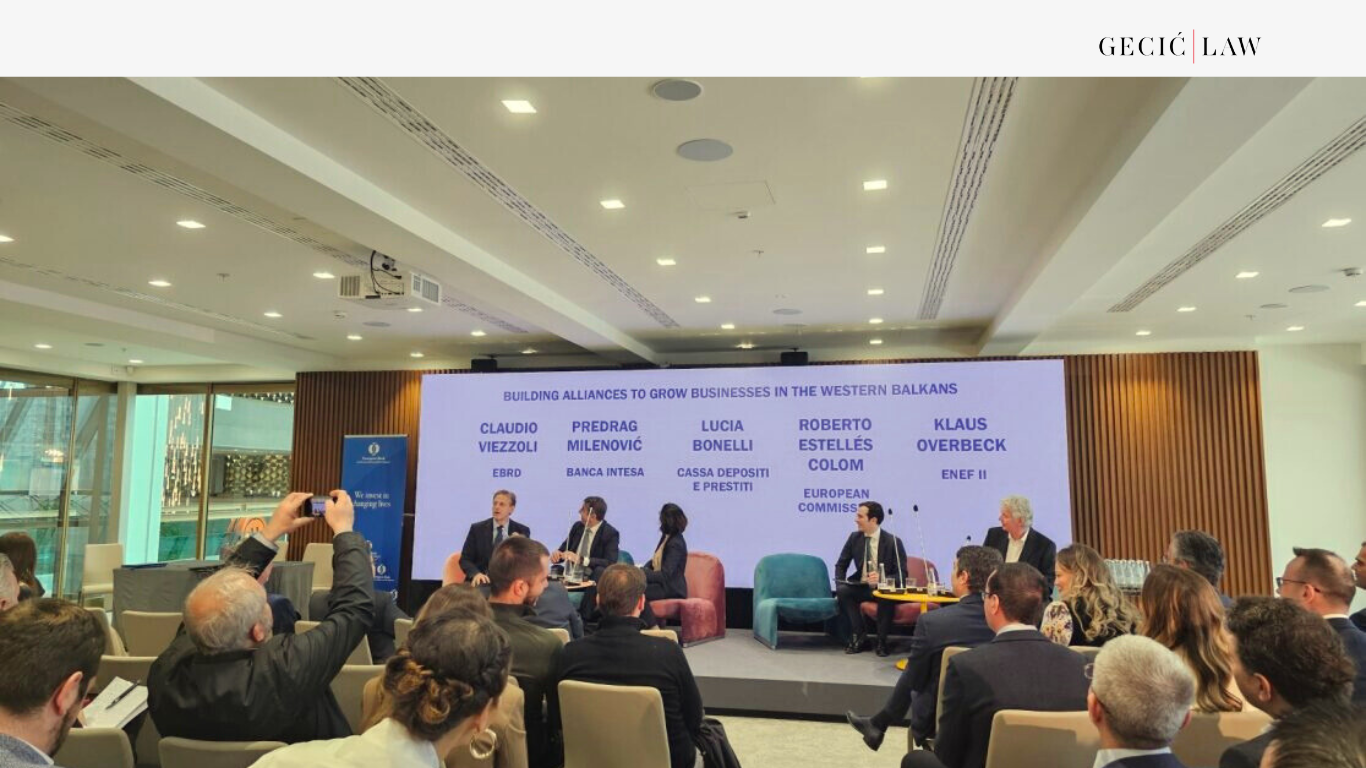
Gecić Law proudly announces its pivotal role in supporting a significant financial transaction between the European Bank for Reconstruction and Development (EBRD), Enterprise Expansion Fund II (ENEF II) as lenders, and Vega IT. The EBRD and ENEF II have committed to a senior secured loan to support the expansion of Vega IT. Vega IT is a premier Serbian software development company. As the local counsel for the EBRD and ENEF II in this transaction, Gecić Law provided comprehensive legal advice. The team’s involvement spanned the due diligence preparation and negotiation. We also secured the completion of critical finance and security […]
Details
Instead of Introduction The Court of Justice of the European Union (“CJEU“) opened proceedings on Case C-619/23, Ronos, according to a request for a preliminary ruling by the Administrative Court of Sofia District – Bulgaria (“Court”). The Court requested an interpretation of the scope of powers of the Bulgarian antitrust authority (“CPC”) action in seizing conversations from a private mobile device during dawn raids carried out at premises of undertakings investigated for alleged cartel infringements. This request for a preliminary ruling on how EU law interacts with guarantees of basic human rights established in the Bulgarian Constitution gives the European […]
Details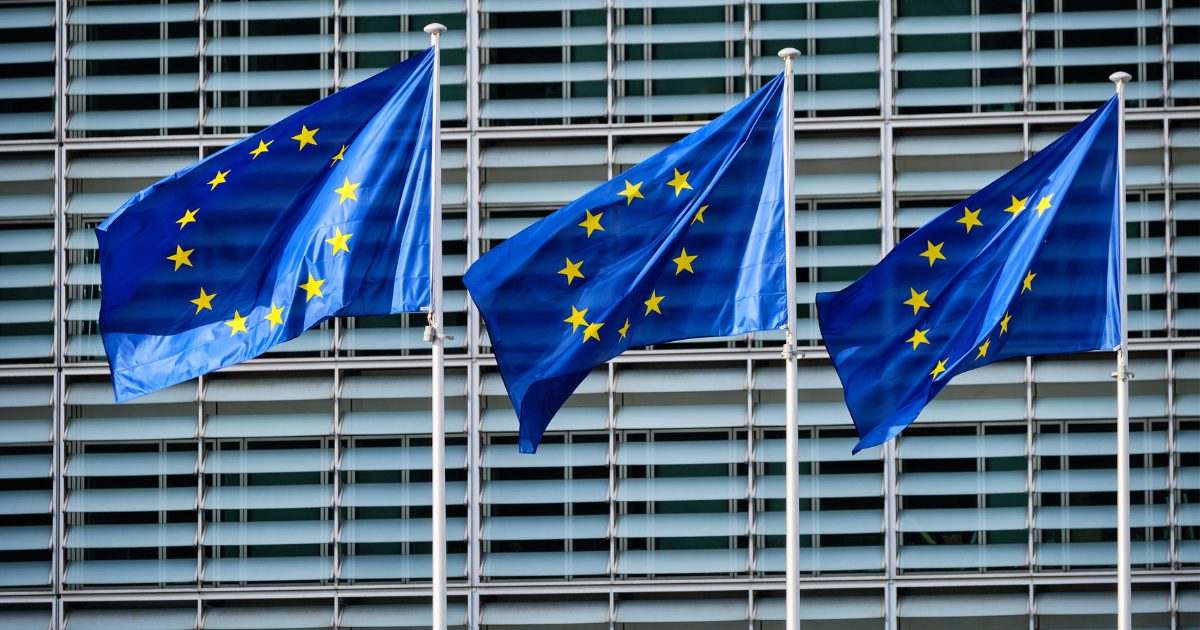
The European Union’s Corporate Sustainability Due Diligence Directive (CSDDD) has faced escalating challenges since its final draft release on January 20. Despite weeks of uncertainty and concerns over the proposal’s fate, supporters were buoyed by the European Council’s unexpected decision to schedule a vote for February 28. However, optimism quickly waned as the vote failed to garner sufficient support. This cast doubt on the CSDDD’s revival before the March 15 deadline for approval by the European Parliament. The Directive The CSDDD, also called the CS3D, aims to establish a corporate due diligence standard on sustainability issues within the EU. The […]
Details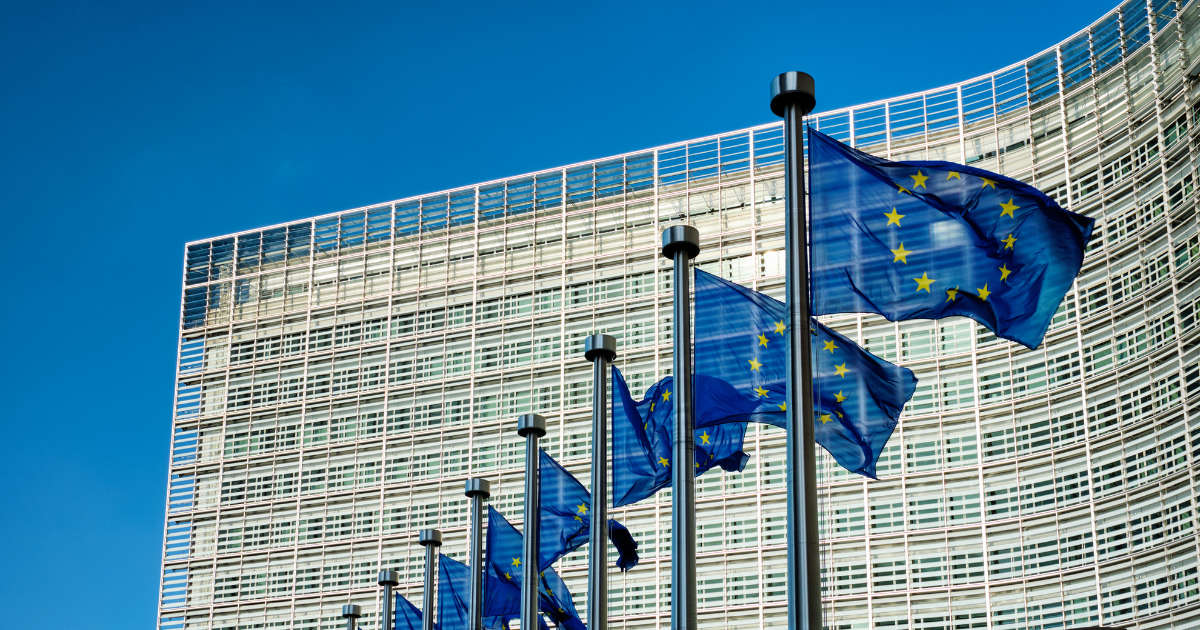
On February 8, 2024, the European Commission (“EC”) unveiled an updated Market Definition Notice (“the Notice”). The revision plays a crucial role in the EC’s approach to assessing mergers and antitrust cases by delineating the competitive boundaries and assessing the market power of companies. The Notice extends beyond EU Member States, mandating compliance from Western Balkan countries (“WBs“) aligned with the EU competition law acquis. Namely, all WBs, through the Stabilization and Association Agreements, have committed to enforce the criteria derived from the implementation of competition rules applicable in the EU, in particular from famous Articles 101, 102, 106 and […]
Details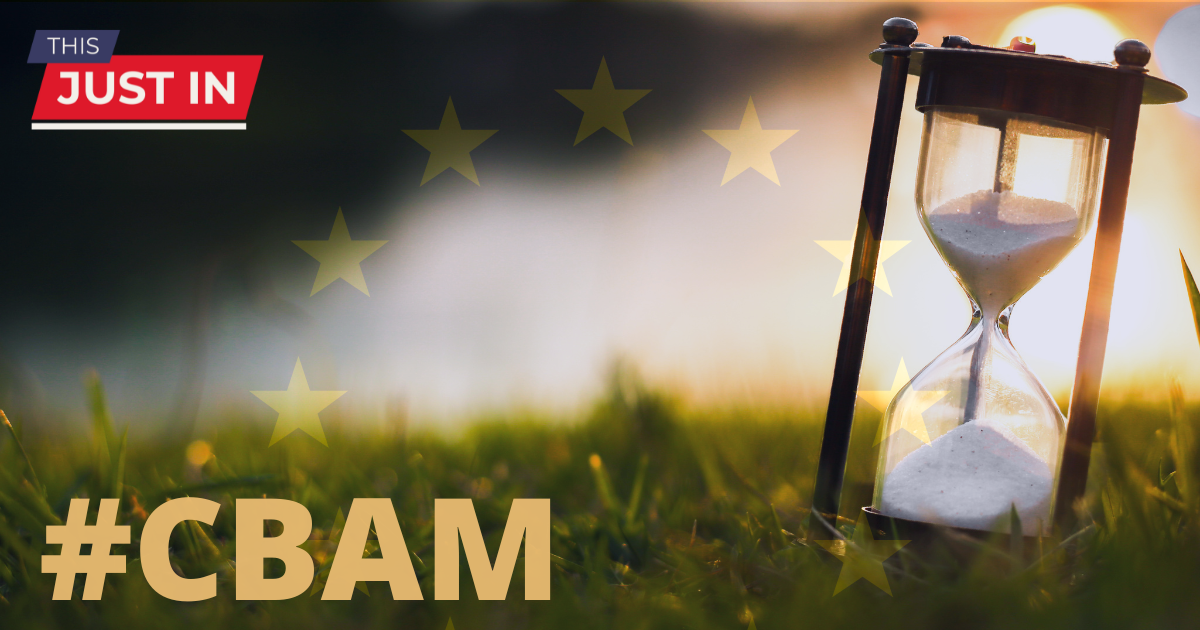
In latest CBAM news, the European Commission has acknowledged significant technical difficulties impacting businesses for the EU Carbon Border Adjustment Mechanism (CBAM) reporting. These issues stem from a technical malfunction affecting several EU customs systems, including ICS2 and the CBAM Registry. To support declarants facing challenges in CBAM reporting, the Commission has introduced measures to facilitate the process. Starting from February 1, a new feature in the Transitional Registry will allow affected businesses to “request delayed submission”. This provision grants an additional 30 days for submitting their quarterly CBAM report. The Commission has assured that no penalties will apply for […]
Details
In a move to learn more about emerging digital markets, the European Commission today launched calls for contributions focused on virtual worlds and generative AI. These initiatives represent a step by the Commission to understand the competitive dynamics in these rapidly evolving sectors. The Commission has reached out to various stakeholders, requesting information to gain a comprehensive view of the current state of competition in these innovative fields. Players from all corners of the industry, including developers, consumers, and academic experts, will indeed share their experiences and insights. Virtual Worlds: A New Competitive Landscape Virtual worlds, characterized by their persistent, […]
Details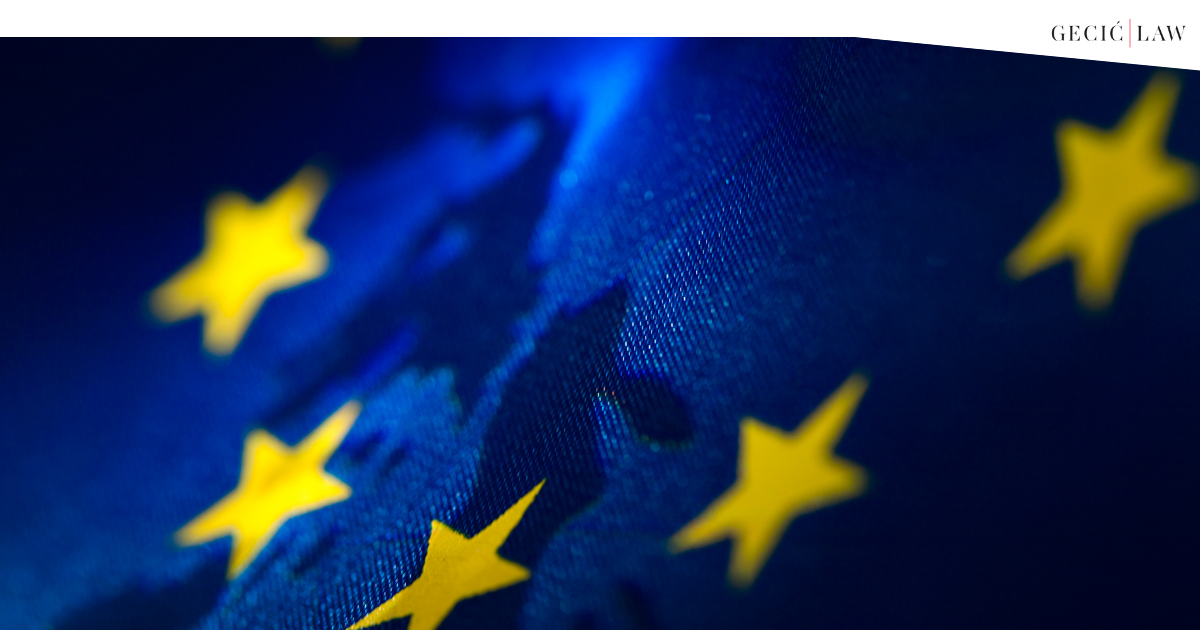
The European Union (EU) has introduced a growth plan to accelerate the accession of the Western Balkans. European Commission President Ursula von der Leyen unveiled a commitment of EUR 6 billion at the Western Balkans summit in Tirana. Out of this amount, two billion euros will be in grants and four billion euros in loans. However, specific details regarding the mechanisms of this growth plan are still pending clarification. The EU’s strategy is to bring the region closer economically before political integration. This would allow the Western Balkans to benefit from certain privileges. Benefits include the free movement of goods […]
Details
Bogdan Gecić, the Founding Partner of Gecić Law, recently spoke with journalist Paddy Bolton. He was thereafter quoted in a Brussels Signal article regarding the EU’s Foreign Subsidies regulation (FSR) and its application in football. Spain’s top football division has filed a complaint with the European Commission (EC) against France’s Paris Saint-Germain (PSG). They argue that PSG’s funding from Qatar violates the EU’s rules on foreign subsidies. Similarly, Belgian football club Royal Excelsior Virton has raised objections about Lommel SK, which receives Abu Dhabi funds. The Foreign Subsidies Regulation (FSR) and Football These interventions come after the EU’s FSR came into […]
Details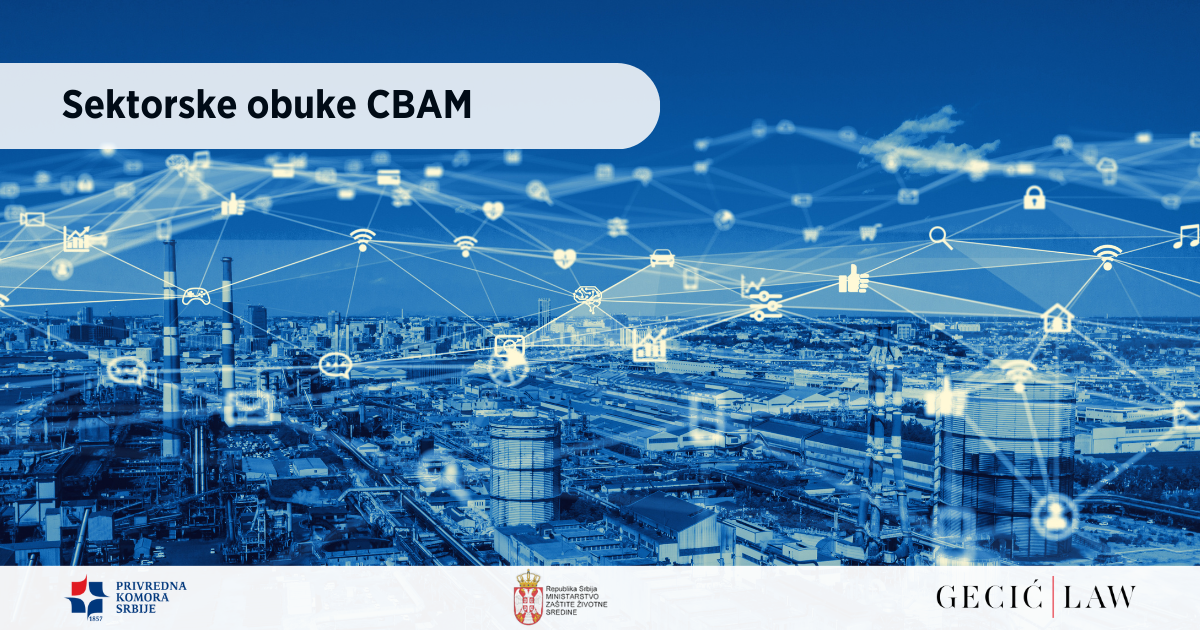
Gecić Law experts will participate in multiple sectoral training sessions on the EU’s new Carbon Border Adjustment Mechanism (CBAM) in October and November. The Ministry of Environmental Protection and the Chamber of Commerce of Serbia initiated the training program within the Swiss Program on Capacities for Trade Policies (C4TP) framework. CBAM training sessions will hence take place in several cities in Serbia during the next two months. These sessions are particularly tailored to the economic sectors affected by the CBAM regulation. First CBAM Training Session on Fertilizers On Monday, the program started its first full-day workshop at the Chamber of […]
Details
Bogdan Gecić, the Founding Partner of Gecić Law, recently spoke with journalist Paddy Bolton. He was thereafter quoted in a Brussels Signal article regarding the significant changes coming up with the European Union’s pioneering Carbon Border Adjustment Mechanism (CBAM) regulation. The European Union (EU) has begun a transitional phase for implementing CBAM, effective October 1. This initiative, part of the European Green Deal, aims to reduce carbon emissions by taxing carbon-intensive imports. The article discusses the possible implications of CBAM. Boston Consulting Group predicts this could increase the average car price in the EU by approximately EUR 600. This is […]
Details
August 25, 2023, marks a monumental shift as the Digital Services Act (“DSA“) takes center stage, impacting industry giants like Amazon, Google, Apple, and TikTok. With 19 platforms and search engines, each having a minimum of 45 million users, the DSA takes action to uphold data privacy, combat disinformation, and eliminate online hate speech. This dynamic legislation aims to give users, including minors, enhanced rights and control over their online presence, fostering a high level of privacy and security. What’s the story? Back on April 25, 2023, the first designation decisions were made, designating very large online platforms (“VLOPs“) and […]
Details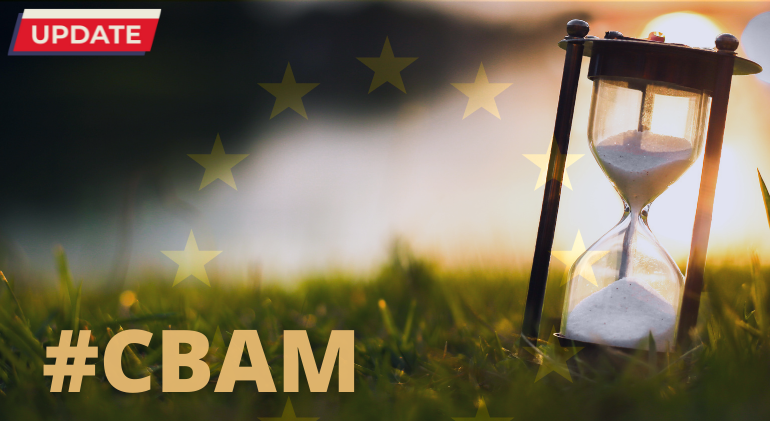
Introduction The European Union has initiated the world’s first carbon border tax, known as the Carbon Border Adjustment Mechanism (CBAM), in a strategic move to tackle the mounting concerns of climate change. The CBAM is designed to level the competitive landscape, ensuring that EU companies, which are already bearing the cost of their carbon emissions, remain on equal footing with enterprises originating from nations with minimal or no carbon emission charges. While the Carbon Border Adjustment Mechanism (CBAM) stands as a significant development in the realm of climate policy, its ramifications extend beyond environmental considerations, reshaping the contours of international […]
Details
On July 4, the EU Commission introduced a new Procedural Regulation aimed at enhancing cooperation among data protection authorities (“DPAs“) when enforcing the General Data Protection Regulation (“GDPR“) in cross-border cases. The Procedural Regulation focuses on establishing clear guidelines for DPAs handling cases involving individuals in multiple Member States without impacting any substantial elements of the GDPR, including the rights of data subjects, obligations of data controllers and processors, or the lawful grounds for processing personal data. A notable aspect of the Procedural Regulation is a provision that mandates the lead DPA to share a “summary of key issues” with […]
Details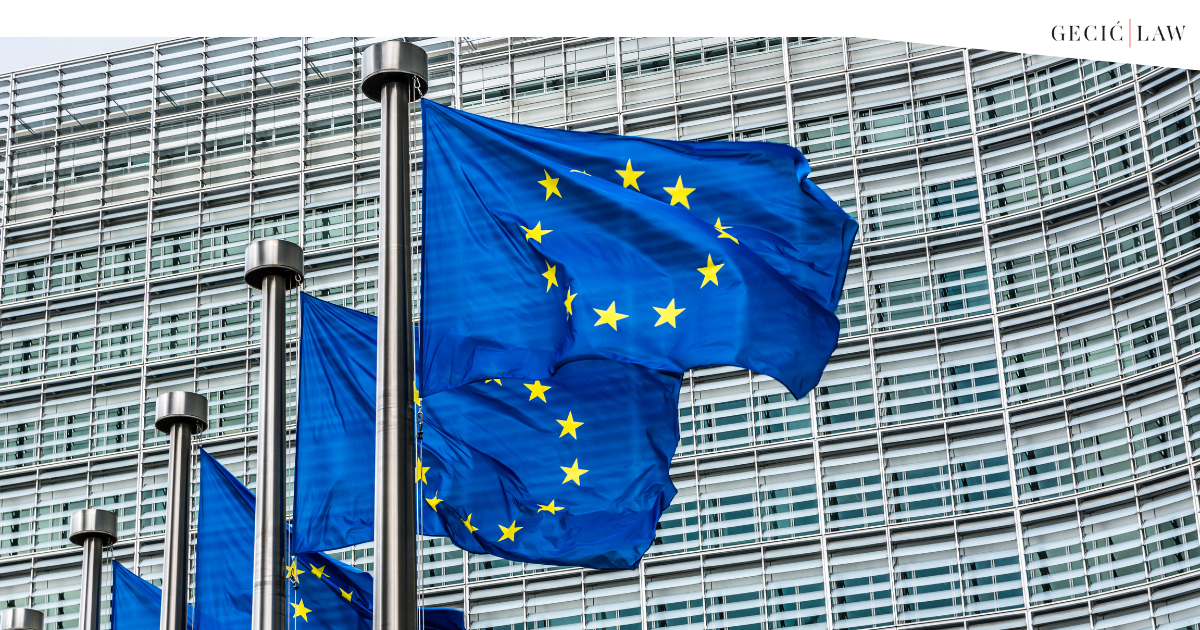
Starting from July 1, 2023, the newly adopted Horizontal Block Exemption Regulations on Research and Development Agreements (“R&D“) and Specialisation agreements (together “HBERs“) shall take effect in the EU. The essence of HBERs, and the accompanying Horizontal Guidelines (“Guidelines“), is to facilitate the self-assessment of the most common types of horizontal cooperation agreements. They are also well-known as a safe harbor to undertakings, for as long as the latter comply with the rules set in the HBERs, leading to block exemption of such agreements from the competition rules. The novelties in said pieces of legislation offer a more flexible approach […]
Details
On Tuesday, the EU Parliament unleashed a legislative game-changer in the global climate battle, adopting the world’s first carbon border tax (CBAM). The MEPs also formally adopted the deals reached with the Council in December 2022 on several other critical pieces of legislation, including the closely-related revised EU’s Emissions Trading System (“EU ETS“) and a new Social Climate Fund (“SCF“), all a vital part of the EU’s Fit for 55 package, designed to help the bloc cut greenhouse-gas emissions by 55 percent by 2030 against a 1990 baseline. The CBAM complements the EU Emissions Trading System (ETS), addressing the phenomenon of […]
Details
The Future Is Here! And it is here to stay. What we could only imagine some years ago is now part of our reality, and AI has become an ever-present topic. AI is everywhere, from banking and healthcare to transportation and entertainment. Learning more about the impact of these innovations makes us ask ourselves how this will alter our habits, make our everyday activities less cumbersome and affect our fundamental rights. So, let’s talk about AI’s pros(perity) and cons(istency) in protecting rights. Pioneering AI. The European Union (“EU” or “Union“) has set the first global comprehensive regulatory framework to apply to […]
Details
In December, the European Commission (“Commission”) issued a Statement of Objections (“SO”) to Facebook’s parent company Meta Platforms Inc. The Commission said that based on its preliminary view, Facebook had violated EU antitrust rules by distorting competition for online display advertising on social media linked to Facebook Marketplace. Marketplace, which Meta launched back in 2016, is a virtual place for Facebook users to discover, buy and sell just about anything, from vehicles, clothes, books, smartphones, and even property, within their local social community. The Commission’s preliminary theory of harm presented in the SO concludes that Meta abused its dominating positions […]
Details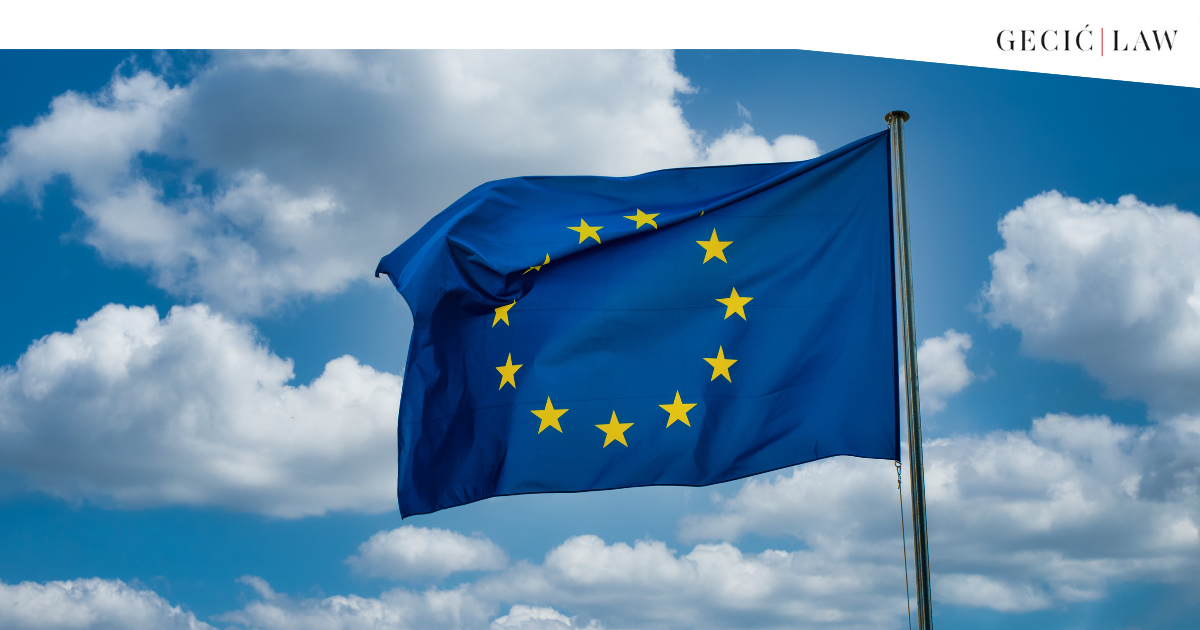
EU and Western Balkans leaders gathered in Albania last December for the EU and Western Balkans Summit to discuss cooperation and EU perspectives of the region. The Tirana Declaration (“Declaration”) was signed between the leaders of the Western Balkans Six and the EU Member States, with representatives of the EU Council and the EU Commission. The document comprises specific initiatives to strengthen regional cooperation in parallel with the EU accession processes. One of the Declaration’s critical topics was the Western Balkans’ commitment to fully implement the Green Agenda and develop a carbon pricing policy in the context of the EU […]
Details
In her keynote speech at the 2023 World Economic Forum in Davos, Ursula von der Leyen, EU Commission President, outlined yesterday the main pillars of the EU’s Green Deal Industrial Plan to boost Europe’s leadership in green technology on its road to carbon neutrality. “We know we have a small window to invest in clean tech and innovation to gain leadership before the fossil fuel economy becomes obsolete,” said von der Leyen. As the plan’s regulatory pillar, she announced a new Net-zero Industry Act to support the “greatest industrial transformation of our times” and keep up with strongly incentivized programs […]
Details
The European Union is fast-tracking the road to a greener future as EU institutions reach provisional agreements on the Carbon Border Adjustment Mechanism (“CBAM”) and the EU Emissions Trading System (“ETS”). After round-the-clock negotiations between EU officials, the “Fit for 55” legislative package with the ultimate goal of reaching carbon neutrality by 2050 is now being finalized. What are the implications for non-EU countries? EU’s Climate Action Recognizing the threats of climate change, the European Union adopted a range of climate laws, which includes the ETS and the CBAM, as part of the revolutionary “Fit for 55” legislative package. In contrast to the […]
Details
The European Commission (Commission) continues to work on implementing the Digital Markets Act (DMA). On December 9, 2022, the Commission published a draft regulation on implementing the DMA and annexes. Public consultations are currently underway until January 6, 2023. The Commission would like to consider the input of different publics and take on board their suggestions, comments, and proposals when finalizing this draft regulation. Feedback received will be published on the Commission’s website and must adhere to the rules for input and suggestions. To participate in the public consultation process, interested parties must register. The regulation aims to ensure fair, efficient, and complete […]
Details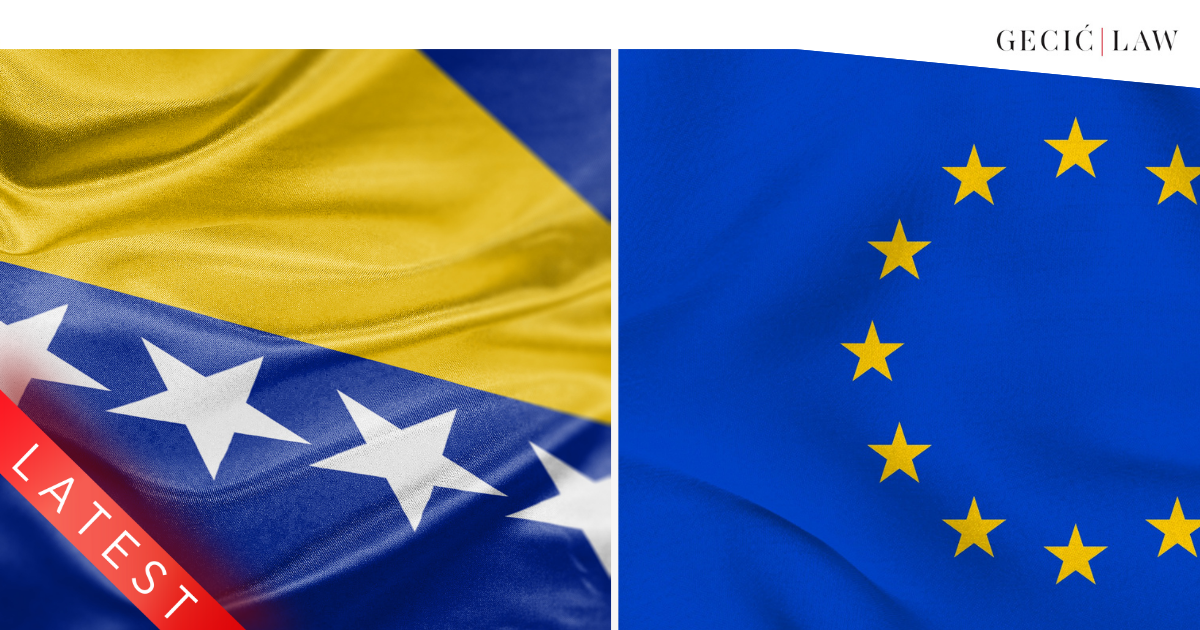
A significant and long-awaited day for Bosnia and Herzegovina! As announced by the Council of the EU, the EU General Affairs Council recommended granting the candidate status to Bosnia and Herzegovina. The European Council will make the formal decision on Thursday, December 15, at the summit of the leaders EU’s 27 in Brussels. It’s been six years since the country submitted its formal application for full membership in the EU back in 2016. The process is now nearing its conclusion, and yet another Western Balkans country is about to reach its primary goal – attaining candidate status as an essential step […]
Details
Newsflash! The time has come for universal chargers to hit it on! Following the provisional political agreement reached in June 2022 between the EU institutions, on October 4, 2022, the European Parliament passed a new law on universal chargers to ease reducing e-waste and enable more sustainable choices for consumers. What does this actually refer to? Namely, all small and medium-sized mobile electronic devices will need to be equipped with a USB Type C port. Thus, consumers will no longer have to use different chargers to charge their devices from different manufacturers. The agreement will be applied to […]
Details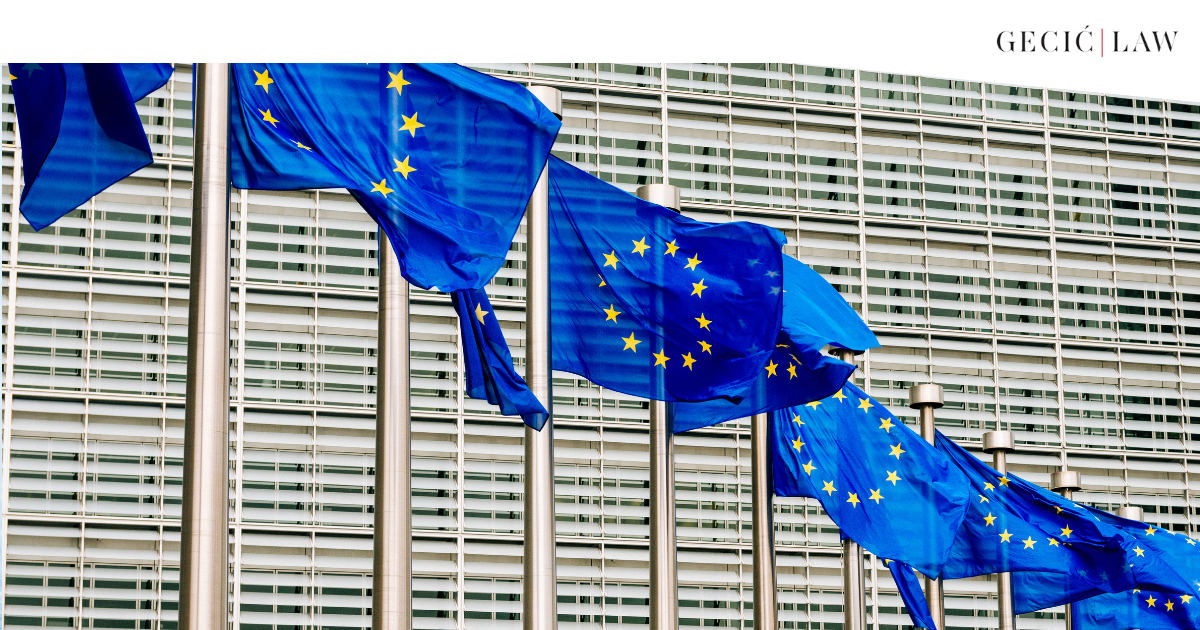
Despite rapid developments in technology and business, EU laws on e-commerce have not been updated for more than 20 years. To keep up with the digital revolution, the EU Parliament („EP“) adopted the Digital Markets Act (“DMA”) and the Digital Services Act (“DSA”). The DMA was adopted in July 2022 and it will start to apply at the beginning of 2023. As for the DSA, it is expected to be implemented in early 2024. Why was the DMA adopted? This act provides a framework that is tailored to the major influence of the largest digital companies, known as “gatekeepers” – […]
Details
The European Commission’s (Commission) antitrust enforcers are investigating Google Play Store. The antitrust enforcers are now looking into the restrictions Google has placed on the Play Store app market. According to the sources, the Commission has sent a confidential questionnaire to several companies that use the Play Store. Most of the questions are about the billing terms and fees they must pay to this tech giant to be listed in its application catalog. Any purchase made inside an application (in-app) that has been downloaded from the Play Store is subject to a 15% to 30% fee that Google charges. Publishers […]
Details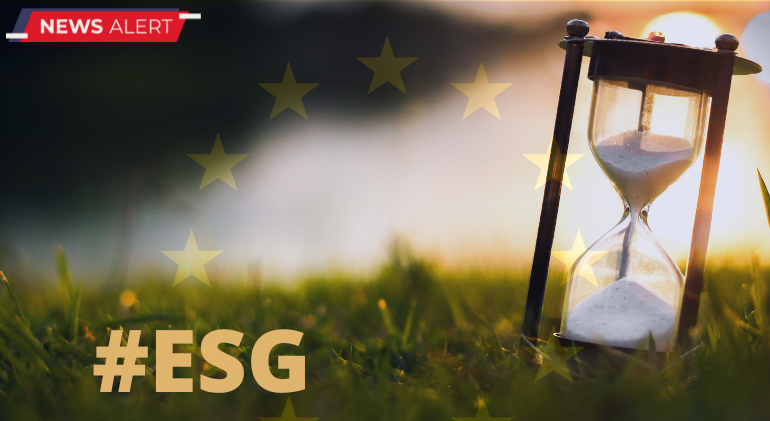
Today in Brussels, the EU parliament, EU governments and the European Commission will try to agree on uniform rules for corporate reporting on environmental, governance and social standards (ESG). This will be the last time that the lawmakers meet to confirm the new reporting rules. Pascal Durand, the lead negotiator for the European parliament, stated ahead of the meeting: “If we strike a deal tonight, the EU will set the tone of the global conversation on sustainable standards for the company of the 21st century.” This highlights the importance of the new uniform reporting rules for the companies, and as […]
Details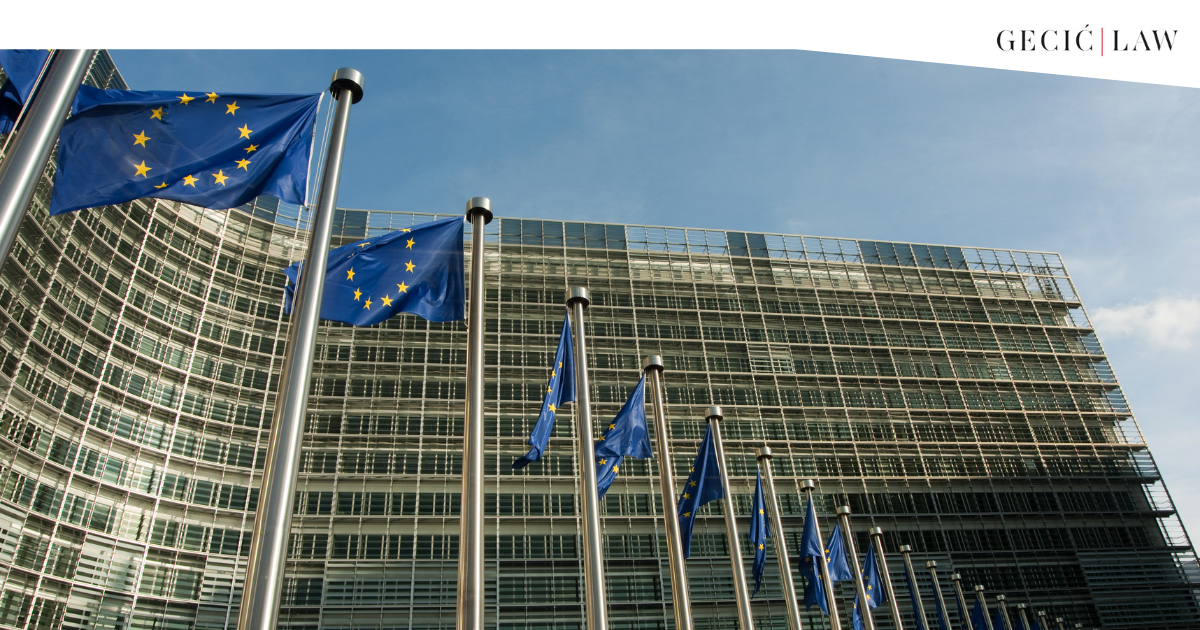
In January 2018, the European Commission (Commission) imposed on Qualcomm, a US chipsets company, a fine of close to €1 billion for abuse of dominance from February 2011 to September 2016. The Commission found the company liable for prompting Apple to conclude agreements with incentive payments and make it exclusively bound by Qualcomm’s LTE chipsets to be incorporated into their devices. This had, ultimately, led to anticompetitive effects on the relevant market. Qualcomm challenged the decision which was annulled in its entirety on June 15, 2022, by the General Court of the EU (Court) for two reasons – procedural irregularities […]
Details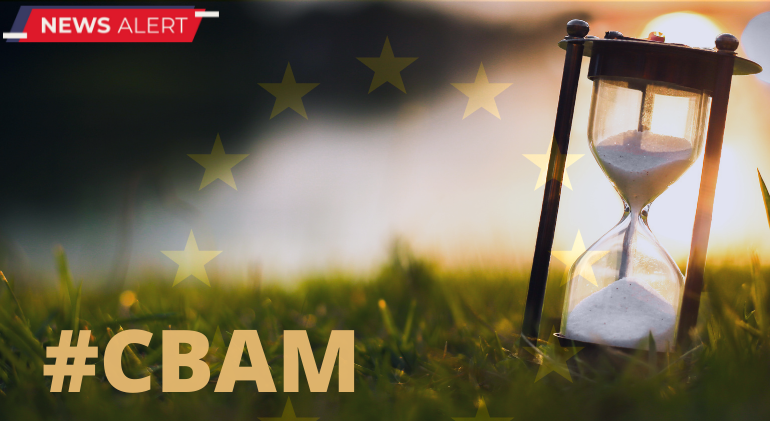
What has been in the making for years now is set to become a reality very soon. The EU’s Carbon Border Adjustment Mechanism (“CBAM”) is expected to be adopted at the plenary session of the European Parliament, which will be held on June 7, 2022. The EU is finalizing its plans to introduce a charge at its border for carbon emissions associated with products sold in the EU. This is likely to mark a tectonic shift in international trade with far-reaching implications for businesses and economies around the world that rely on exporting their goods to the European Union. In […]
Details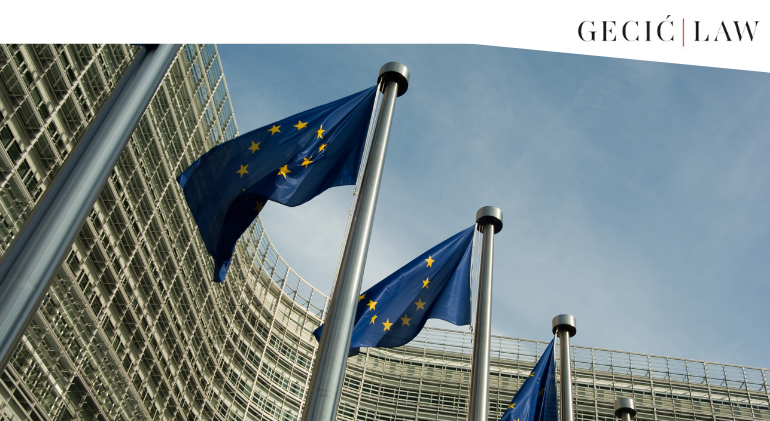
On May 10, 2022, the European Commission adopted a new Vertical Block Exemption Regulation (“VBER“) and related guidelines (“Vertical Guidelines“), following a detailed review of the previous Vertical Block Exemption Regulation dating to 2010 (“old VBER“). The objective of the VBER is to exempt agreements between undertakings operating at different levels of the supply chain (“vertical agreements”): if certain market share thresholds are met, and provided the agreement does not contain certain prohibited restrictions (“hardcore restrictions”). In other words, the VBER aims to recognize which types of vertical agreements are generally efficiency-enhancing and provide benefits to consumers. One of the […]
Details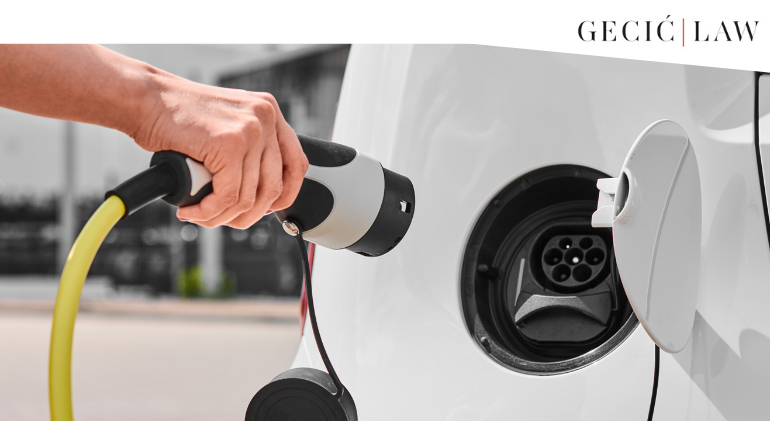
The Committee on the Environment, Public Health, and Food Safety (“ENVI”) decided on Wednesday to accelerate the shift to electric vehicles in Europe to reach increased climate ambitions. In July 2021, as part of the ‘’Fit for 55’’ package, the European Commission (‘’Commission’’) decided to propose an amendment to the Regulation 2019/631 to strengthen the CO2 emission performance standards for new passenger cars and new light commercial vehicles in line with the Union’s increased climate ambition. Currently, carmakers need to ensure that their average fleet of new cars emits no more than 95 grams of C02 a kilometer. Lawmakers have […]
Details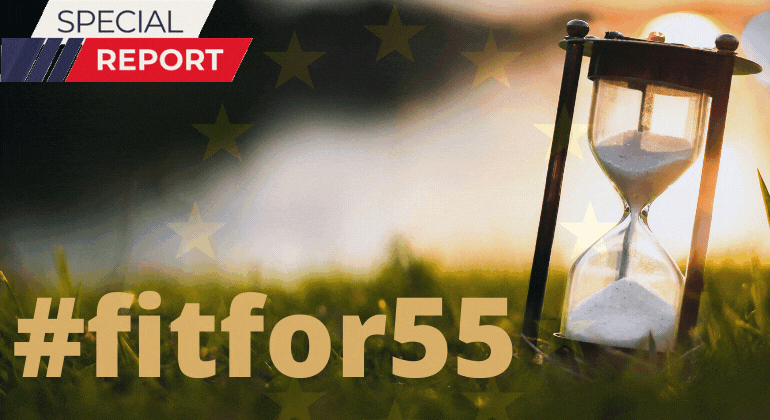
Today is Earth Day, a global celebration held on April 22 every year to show support for environmental protection. It began on April 22, 1970, and has since grown to include a diverse range of events coordinated globally, involving over a billion people in over 193 nations. On Earth Day 2016, the United States, the United Kingdom, China, and 120 other countries signed the historic Paris Agreement. To mark this important day, Gecić Law is bringing you a special Insights Report dedicated to the European Union’s legislative journey toward a carbon-neutral continent. In July 2021, the European Commission (“EC“) adopted […]
Details
What are shell companies? These are legitimate legal entities that do not own assets or conduct business operations. Although they are not illegal, they may be used illicitly. Shares of shell companies are not traded on stock exchanges. Most exist on paper only and are little more than a mailing address. That is why the European Commission (“EC”) has issued a draft directive on shell companies. Legal vs Illegal Use of Shell Companies Examples of the legal use of a shell corporation could be to serve as vehicles in cross-border transactions, such as mergers and acquisitions. However, shell companies are […]
Details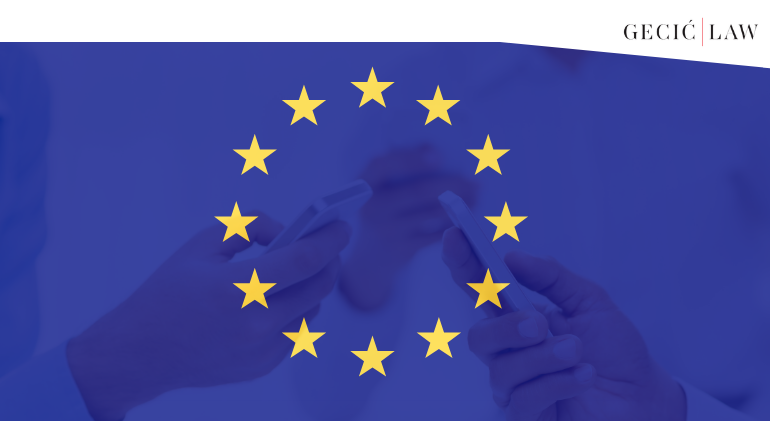
The European Ombudsman Emily O’Reilly stated on Friday that text messages between EU Commission President Ursula von der Leyen and the CEO of pharmaceutical giant Pfizer are documents the public should have access to. O’Reilly’s opinion indicates that the Commission mishandled a request for public access to these messages, which concern the EU’s purchase of COVID 19 vaccines from the manufacturer. The European Commission had earlier denied a request made on 4 May 2021 via Access Info’s AsktheEU.org platform by Alexander Fanta, a journalist with netzpolitik.org. Access Info’s platform enables citizens of the EU direct access to public information. The […]
Details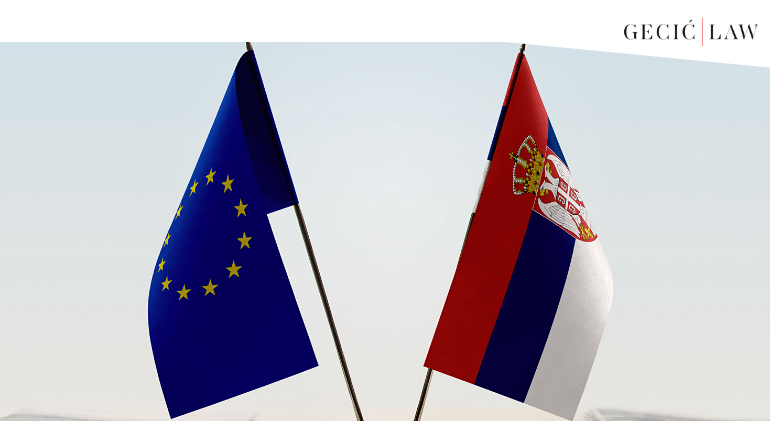
Cluster 4 on the Green Agenda and Sustainable Connectivity was formally opened at an Intergovernmental conference on Tuesday, in Brussels, covering four negotiating chapters. Earlier this year, and in order to make the accession process more efficient, the Commission proposed and the EU Council agreed to implement the revised Enlargement Methodology, according to which negotiating chapters are organized in thematic clusters. Clusters were envisaged as a means to ensure stronger progress monitoring and accelerated integration. The Green Agenda and Sustainable Connectivity cluster encompass Chapter 14 on Transport Policy, Chapter 15 on Energy, Chapter 21 on Trans-European Networks and Chapter 27 […]
Details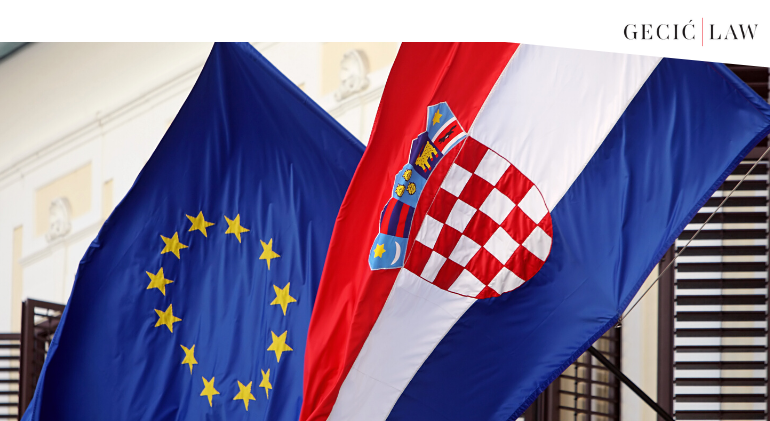
On December 9, 2021, the European Commission (’’Commission’’) approved Croatian State aid in the amount of EUR 783 million to support the production of electricity from renewable energy sources as part of the European Union’s endeavors to meet the climate and energy objectives set by the Communication ‘A policy framework for climate and energy in the period from 2020 to 2030’. The Croatian scheme will be open until 2023 and will be paid out to the selected beneficiaries for a period of 12 years. The Commission assessed this scheme under the 2014 Guidelines on State aid for environmental protection and […]
Details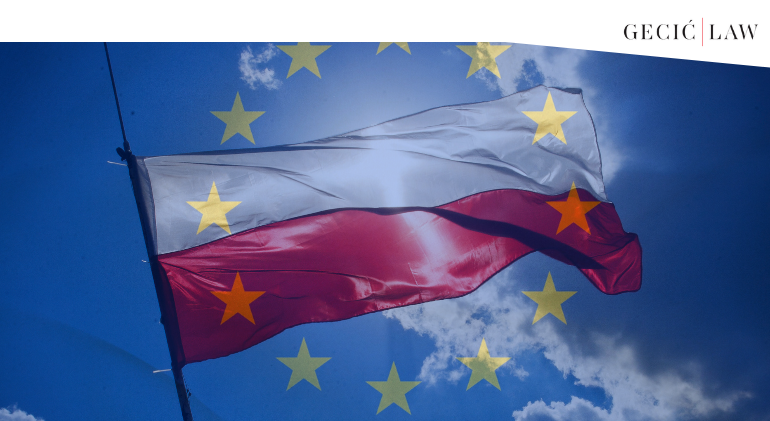
The battle for supremacy i.e. primacy between Member State and European Union (“EU”) law is in full swing, with the prospect of even more trouble. In late October, the EU’s highest court (“CJEU”) issued a landmark daily fine to Poland in the amount of EUR 1 million for failing to comply with CJEU’s order. This tremendous fine is the biggest to date and may very well be a warning to any other Member State that might try to question the primacy of EU law. Getting to the Biggest Supremacy Fine Polish judicial system reforms are what triggered the dispute between […]
Details
Our own Ivana Stojanović Raišić, Counsel, shared her tremendous knowledge and experience with the students of the esteemed University of Florence (ita. Università degli Studi di Firenze) in a unique experience, as a guest lecturer in the International Business Law Course, led by Prof. Ettore M. Lombardi. Students had the opportunity to listen in and take an active part in an online two-part mini-course titled Elements of Competition Law: An International Perspective, where Ivana provided practical insights into the most interesting aspects of competition law and how they relate to business activity. Students engaged in a number of hands-on exercises […]
Details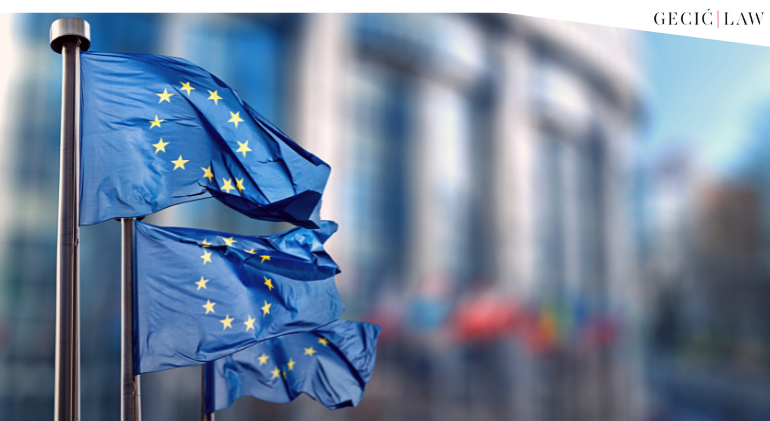
The European Union (“EU”) will launch a project called Global Gateway, European Commission (“EC”) President Ursula von der Leyen said during her latest State of the Union address. The project will aim to bring the EU closer to its partners worldwide. Besides revealing plans for the Global Gateway, the commissioner also announced her Western Balkans trip. The fact that the two topics were brought to light in the annual EU policy speech may mean that the Global Gateway could bring more investments from the EU to the region. Commenting on the project, Von der Leyen added that the bloc wants […]
Details
A phenomenon known as the Internet of Things (“IoT”), which has been at the forefront of the global tech changes, recently caught the European Commission’s (“Commission”) attention. The Commission’s Preliminary Report and Q&A on this tech & business sector is a big step towards acknowledging IoT as a market of the future, while simultaneously pointing out some potential dangers of this groundbreaking technology. Internet of Things – a Brief Explanation Let’s imagine this situation: you are not only an ardent coffee drinker but also a sleepyhead. Your alarm wakes you up at 7.00 am. You have little precious time to […]
Details
The European Commission (“EC”) adopted the Fit for 55 climate action plan on Wednesday, announcing a legislative package that aims to cut carbon emissions in the European Union (“EU”) by 55% by 2030, compared to levels measured in 1990. It also calls for action to make the continent carbon neutral by 2050. The Fit for 55 package includes provisions on expanding the EU Emissions Trading System to charge for carbon emissions in more sectors. Additionally, it proposes Effort Sharing Regulation and prescribes new emissions-cutting targets per Member State. It also calls for an increase in renewable energy sources use, creates […]
Details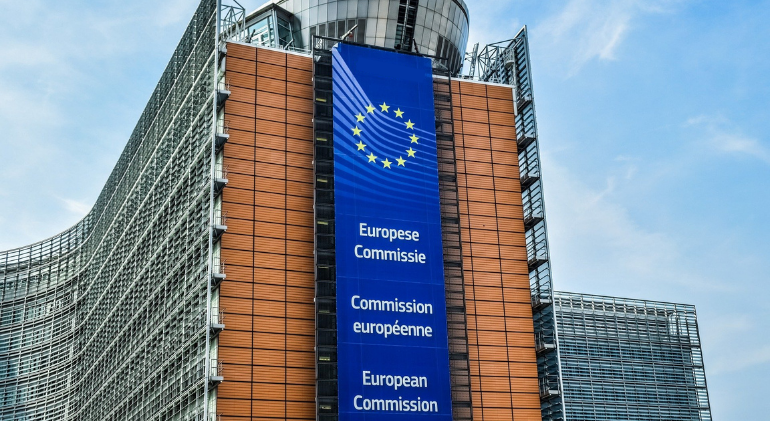
Some reports say that it would be impossible to live in the digital world outside of the ecosystem created by Big Tech giants. The concentration of power in a small number of platforms has allowed some tech companies, popularly known as the Four Horsemen” to exercise unparalleled economic power and social impact almost without any oversight by regulators. These companies have complete market dominance, each in their respective field of expertise: Apple in consumer electronics and mobile operating systems; Facebook in the social media, Google in online searches, video-sharing and mapping-based navigation; and, finally, Amazon in the e-commerce market. Hence, […]
Details
Introductory remarks There are many reasons why football is one of the world’s most successful and popular sports, and that Europe is its home. As Rohan Roy said in his poem, football is “the most beautiful game”. Although football has changed over the years, which was inevitable, it kept receiving support from its fans. Historically, adjustments to “the most important of the least important things” have been announced and introduced gradually, so that the core principles of football would survive. It is obvious that the fans and supporters were and always will be the reason for football’s worldwide success. This […]
Details
After a short break from our previous reflections on the EU’s new set of regulations concerning digital markets (more details available here), we are back with an even more vivid and thorough breakdown of the proposed regulation. To pick up where we left off, we will be taking a closer look at the Digital Services Act (“DSA“ or „Act“). As we have already familiarized ourselves with the EU’s goals and ambitions regarding new digital market regulation, we can now fully indulge ourselves by taking a closer look at the Act. We hope that you managed to catch your breath because […]
Details
In the last few months, the Serbian National Competition Authority (“NCA”) has turned its attention to sanctioning agreements between undertakings where resale prices are maintained. After taking cases against consumer electronics undertakings, the NCA recently opened an investigation against a general importer and its three car dealers of “Audi” vehicles, in the course of its sectoral analysis of the markets of sales and after-sales services of motor vehicles. Resale Price Maintenance – What is the Problem? Resale price maintenance (“RPM”) is a contractual provision where the supplier (usually the manufacturer or general importer) binds the buyer (usually the distributor or […]
Details
Another year, another Chillin’Competition Conference Imagine for a second a conference where a bunch of “suits”, seasoned scholars and world-recognized experts & regulators spend an entire day laughing, exchanging quips & smug comments and trading Ryan Gosling and SpongeBob SquarePants inspired meme mugs. Well that’s exactly what happened when over 350 scholars and practitioners of law & economics came together on October 25, 2017 at the Area 42, the “MOST WOW!” venue in Brussels. Alfonso Lamadrid de Pablo and Pablo Ibañez Colomo, the driving force behind Chillin’Competition blog, world’s favorite source for the latest and greatest in competition law, have once again […]
Details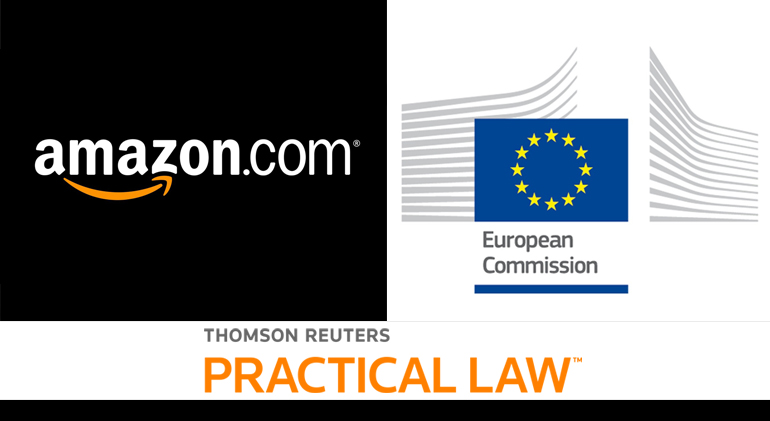
The European Commission has recently concluded that Luxembourg has been granting an undue tax benefit to Amazon in the total amount of EUR250 million. Since Serbian tax authorities have the power to issue binding advance tax opinions—and given that multinationals commonly exploit this option without any consideration of state aid rules—the Commission’s Decision in the Amazon case should raise some eyebrows. The European Commission (Commission) continues its battle against alleged tax avoidance and has recently concluded that Luxembourg has been granting an undue tax benefit to Amazon in the total amount of EUR 250 million. This tax benefit was awarded […]
Details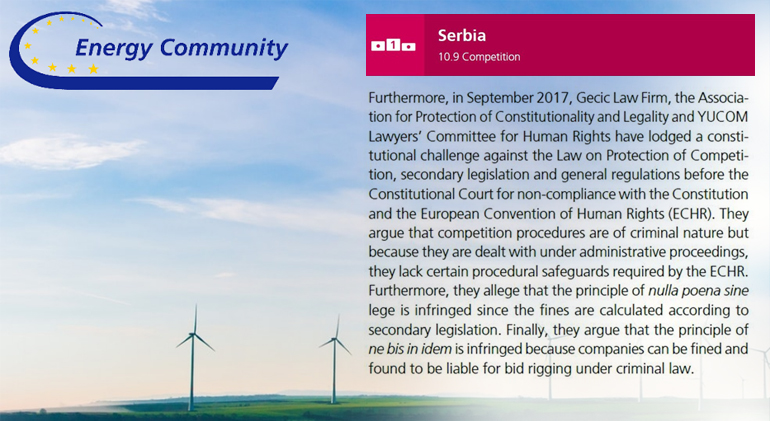
The Energy Community, the quintessential energy organization aiming to extend EU’s internal energy market and EU acquis to southeastern Europe and the Black Sea region, and create an integrated & sustainable pan-European energy market, recently published its 2016/2017 Annual Implementation Report (Report) (available for download), where it officially acknowledged our ongoing constitutional challenge against the Serbian Competition Act, secondary legislation and general regulations. The report does a noteworthy job in properly identifying some of the key arguments set out in the constitutional challenge, particularly the criminal nature of competition proceedings, lack of procedural safeguards required by the ECHR, and that the […]
Details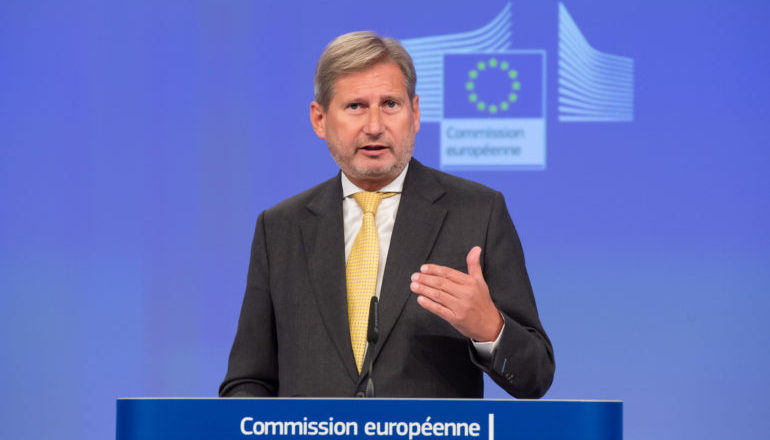
Gecić Law acted as legal counsel to the Government of Serbia and the Železara Smederevo steel mill with respect to an European Commission (EC) investigation on the historical State aid received by the old company, and the potential responsibility of Hesteel Serbia to reimburse it, under the Stabilisation and Association Agreement (SAA). On Wednesday, November 8, 2017, Johannes Hahn, Commissioner for European Neighborhood Policy and Enlargement Negotiations, informed the Prime Minister of the Republic of Serbia, Ana Brnabić, that the European Commission concluded that “the HeSteel-owned steel mill does not have to reimburse any state aid received in the past” (link). […]
Details
On September 20, 2017 the Court of Justice of the European Union (the “CJEU“) issued so far the most significant judgment concerning the loans denominated in Swiss francs (the “CHF”). Namely, by judgment in case C-186/16 (Ruxanda Paula Andriciuc and Others v. Banca Românească SA), the CJEU ruled that a financial institution which grants a loan denominated in a foreign currency is liable to provide the borrower with sufficient information, in order to enable him to make a thorough assessment of economic risks and consequences of entering into such contract, and to make a prudent decision on this issue. The […]
Details
This update considers how exchange of information, as an essential part of any M&A transaction (from pre-acquisition discussions, through the due diligence procedure, and up to the closing of the transaction), may cause significant competition concerns under the Serbian Competition Act in terms of potential collusion between competitors. The prohibition on entering into restrictive agreements under the current Serbian Competition Act (CA) applies, as a general rule, to sharing of commercially sensitive information between undertakings. Relevant provisions of the CA prohibit contracts, certain contract provisions, express or tacit agreements, concerted practices, as well as decisions of undertakings associations which have […]
Details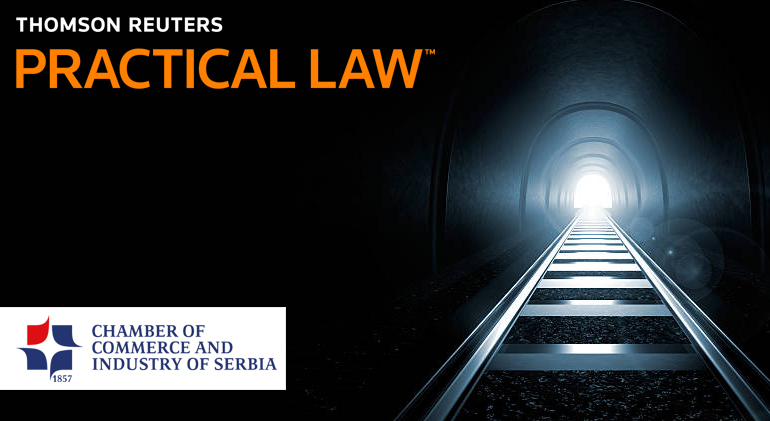
Recent developments in Serbia, in particular an unprecedented number of hastily opened investigations and Competition Commission’s push for a complete revamp of the competition act, discussed in a recent PLC article “The Dawn of Dawn Raids or the Twilight of Due Process in Serbia?”, raised many eyebrows and prompted significant dissent from both public and private stakeholders. The widespread dissent took an interesting twist on August 21, 2017 when the Chamber of Commerce and Industry of Serbia (hereinafter: the Chamber of Commerce) issued an invitation for consultations to the members of its Assembly and Managing Board re the application and […]
Details
During the last ten days of May 2017, Serbian competition authority has hastily opened an unprecedented number of investigations. Simultaneously, the authority announced a push for a complete revamp of the competition act. Reviewing these developments through the lens of the New Administrative Act, which came into force on 1 June 2017, a strong argument can be made that behind these actions is a desire to circumvent the robust human rights safeguards introduced by the New Administrative Act and guaranteed under the ECHR and the Serbian Constitution. During the last ten days of May, the Commission for Protection of Competition of […]
Details
The Serbian 2009 Protection of Competition Act (as amended in 2013) (the Act) provides for rather low merger control thresholds, compared both to EU law and countries in the region. Thresholds set this low can (and usually do) result in excessive merger control which eventually brings more harm than good to market competition. In order to put an end to this, a change in decisional practice and/or legislative change in regards to this important aspect of merger control is required. The Act provides for rather low merger control thresholds, compared both to EU law and countries in the region. Namely, […]
Details
On April 27, 2017, Advocate General of the Court of Justice of the European Union (“CJEU”), Ms. Juliane Kokott, issued an opinion stating that not every creation of joint ventures ought to be under control of the European authorities: only formation of those joint ventures which are to be entirely autonomous, full-function entities should be subject to the official scrutiny. As per words of the opinion’s respected author, said issue, although technical in essence, holds a “practical significance” for national and European watchdogs on the one hand, and market undertakings, on the other, given that it tackles the matter of interpretation […]
Details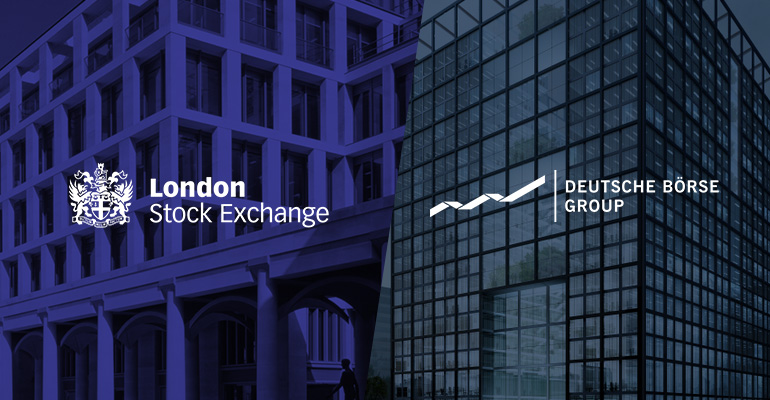
On March 29, 2017, the European Commission (“Commission”) officially blocked the third attempt to implement the merger between the London Stock Exchange Group (“LSE”) and Deutsche Börse AG. Said decision created an insurmountable obstacle to further cooperation of the two groups which was aimed at creating a European powerhouse able to compete with strong American and fast-emerging Asian financial markets. The long planned merger was to give rise to the world’s largest exchange by total income, the biggest for equities listings, and to an entity that would control more derivatives trades than any other entity in the world.1 It would […]
Details
On November 8 2016, the French Competition Authority (Competition Authority) imposed a fine in the dizzying amount of €80 million on Altice Luxembourg, a telecom-investment company, and its French subsidiary SFR on the basis of their ‘gun-jumping’ activities during the 2014 acquisition of SFR and Virgin Mobile. After an unannounced probe, the regulator decided to institute said fine upon two companies in order to punish them for implementing their mergers prematurely, and to effectuate a deterrent for this type of antitrust activities among other companies. The unprecedented fine imposed on SFR and Altice is the first of its kind to […]
Details
For the second year in a row, the Chillin’Competition conference drew practitioners, scholars and regulators from across Europe with a promise of an unparalleled array of distinguished speakers focusing on the topic of the neutrality principle and its role in competition law. And it certainly delivered! Alfonso Lamadrid, one of the founders of the Chillin’Competition blog (seen giving the opening remarks above), started the conference by stressing the importance of discussing the concept of substantive neutrality, its meaning and the scope of application in different fields of competition law. Keynote Address – Margrethe Vestager Keynote speaker Margrethe Vestager, EC Commissioner […]
Details
Results of one of the latest surveys recently carried out by British Regus, global work-space provider, have revealed that commuting is being experienced as a time waste for nearly one third of UK professionals, given that it does not fall within their working hours. Said survey led to the actualization of a pivotal judgment rendered by the Court of Justice of the European Union (hereinafter: ECJ) in 2015, according to which such daily journeys undertaken by workers without a fixed or habitual place of work between their homes and the premises of their customers constitute working time. After processing obtained […]
Details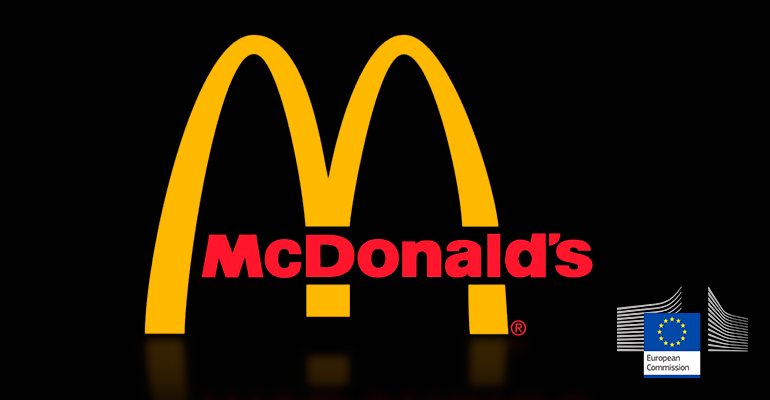
McDonald’s might be the next company facing the obligation to pay back taxes, only this time to Luxembourg, in the amount of approximately $500 million, according to Financial Times estimates. In December 2015, the European Commission has opened a formal investigation of Luxembourg’s tax treatment in case of McDonald’s. It held a preliminary view that “a tax ruling granted by Luxembourg may have granted McDonald’s an advantageous tax treatment in breach of EU State aid rules.”1 The Commission is yet to render a decision that would conclude said formal investigation against American fast food giant and contain its final judgment […]
Details
“The European Commission has concluded that Ireland granted undue tax benefits of up to €13 billion to Apple [the biggest tax bill ever imposed outside the US]. This is illegal under EU state aid rules, because it allowed Apple to pay substantially less tax than other businesses. Ireland must now recover the illegal aid [indirect subsidies].“1 Following an in-depth state aid investigation of the “sweetheart fiscal deal” between Ireland and Apple, the European Commission has concluded that Apple received illegal tax benefits from Ireland through a favorable tax arrangement selectively provided to this company for a number of consecutive years. […]
Details
At a recently held conference in Singapore the Director of the Cartels Directorate of DG Competition of the European Commission (the “Commission”) addressed the issue of investigative powers of the Commission and collection of evidence during dawn raids. In particular, they emphasized that the Commission has to “keep up with the technology” in order to effectively combat illegal price fixing and market sharing. According to him, that could be achieved by finding ways to collect data from online social networks so to determine whether individuals are involved in infringement of competition rules. In that respect, it was emphasized that the […]
Details
The market for the distribution of airline tickets has recently come under the examination of the European Commission (the “Commission”). Upon receiving the formal complaint from the European Technology and Travel Services Association (the “ETTSA”)1, the Commission has sent questionnaires to carriers, travel agents, online reservation sites and global distribution systems asking for the information on exact contract terms and conditions between airlines, travel agents and computerized reservations systems. The main issue that should be determined is whether airlines are impacting customers to book tickets on their own websites rather than using travel agencies and other available computer reservation systems […]
Details
The French Court of Cassation, the highest court in French judiciary, referred to the Court of Justice of the European Union (the “ECJ”) for the preliminary ruling certain questions related to interpretation on the intersection between farm policy in France under the Common Agricultural Policy (the “CAP”) and the EU antitrust legislation. The referral stems from the 2012 case in which the French Competition Authority fined 10 growers of endives and seven associations in France with more than 4 million euros for price fixing, managing volumes of endives put on sale and exchange of information. Namely, according to the Article […]
Details
On February 25, 2016, in the joined cases Promoimpresa srl v Consorzio dei Comuni della Sponda Bresciana del Lago di Garda e del Lago di Idro, Regione Lombardia, and Mario Melis, Tavolara Beach Sas, and Dionigi Piredda, Claudio Del Giudice v Comune di Loiri Porto San Paolo, Provincia di Olbia Tempio (hereinafter: Promoimpresa and others), Mr. Maciej Szpunar, an Advocate General at the EU Court of Justice of the European Union (the “ECJ”) since 2013, produced a nonbinding opinion for the ECJ stating that the European Union (the “EU”) law precludes national legislation under which the period of validity of […]
Details
After the European Commission (the “Commission”) by its decision from 5 October 20141 imposed a fine of more than 38 millions of euros on Slovak Telekom for the abuse of its dominant position on Slovak market for broadband services, Slovak Telekom has come to face damage claims from mobile operators Orange Slovensko and SWAN. The said operators claimed damages they allegedly suffered before Bratislava court, in the amount exceeding 280 million euros on the grounds of the said Commission’s decision that found Slovak Telekom has abused its dominant position. By the same 2014 decision of the Commission, Deutsche Telekom was […]
Details
On 1 February 2016 the European Free Trade Organization (“EFTA”) Surveillance Authority has sent a Statement of Objections to Telenor over the possible breach of EEA competition rules in Norway. Telenor now has until 11 April to claim its position regarding the received antitrust charge sheet. Namely, the EFTA Surveillance Authority suspects that Telenor may have abused its dominant position in Norway, by obstructing competitors in three markets related to the provision of mobile communications services to Norwegian users: the market for wholesale mobile access and origination services, the market for mobile broadband services to residential customers, and the market for […]
Details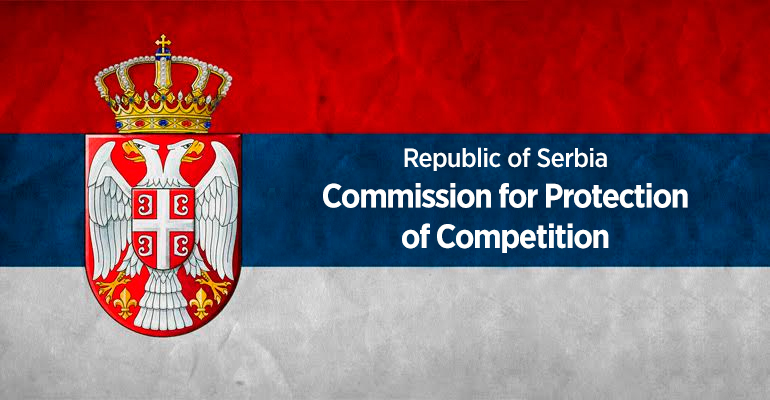
On 23 January 2016 the Serbian Government adopted the new Regulation on the Content and Method of Submittal of Request for Issuing of Approval for Proposed Concentration (Official Gazette of RS no. 5/2016 – the “Regulation”) that will be effective as of 2 February 2016. The importance of the new Regulation lies in the fact that it introduces a simplified method for notification of the proposed concentration, harmonizing in that regards the national procedure with the existing EU procedure for notification of concentration. The simplified procedure allows merging undertakings to use a shorter notification form for concentration that are unlikely […]
Details
In a trilogue meeting held on 15 December 2015 the European Parliament, the European Commission and the European Council reached a political agreement to reform EU Data Protection policy. The new policy has been in the works since 2011, but only now have the European Council and the European Parliament managed to reach an agreement on key issues. The final text is expected to be formally adopted in early 2016, and its rules applicable two years thereafter. During this period, 28 member states will be required to amend their existing data protection legislation, or to pass new legislation, whereas the […]
Details
On December 7, 2015 the European Commission (EC) adopted a new Aviation Strategy for Europe that “will enable European aviation to flourish globally.” The EC framed an all-inclusive policy encompassing the entire EU aviation ecosystem. The new Aviation Strategy contains a list of priorities geared towards making the EU a leading stakeholder in international aviation by tackling restrictions on growth both in the air and on the ground, promoting EU safety and environmental standards globally, and by advancing carbon neutral growth through innovation, digital technologies, and investments. The claimed added value of the Aviation Strategy is that it provides […]
Details